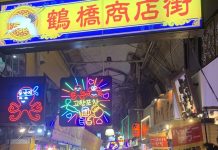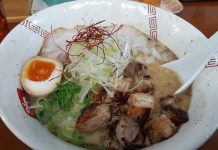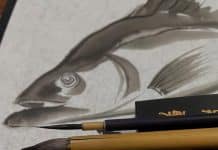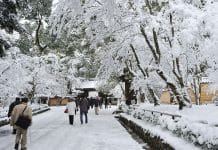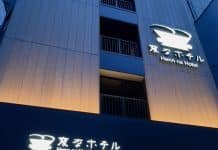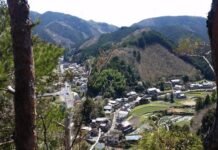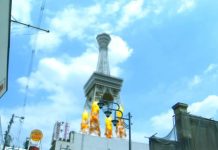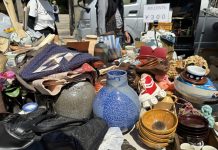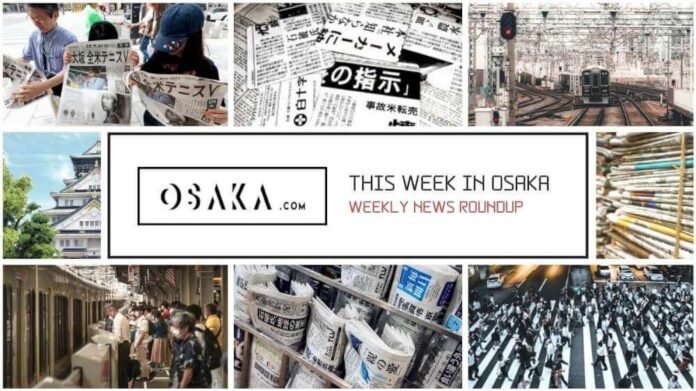
Each week, here at Osaka.com, we bring you a selection of some of the top stories about Osaka making the local and national news here in Japan. Sometimes it’s serious, sometimes it’s funny, but it’s always direct to you, from Osaka.
Here’s a look at some of the stories hitting the headlines in Osaka this week.
Table of Contents
Trial Begins for New ALS Implant

Osaka University this week announced the next phase of a trial designed to help patients suffering from ALS. Amyotrophic Lateral Sclerosis, known in Europe as Motor Neuron Disease and in the US as “Lou Gehrig’s Disease, is a degenerative neurological disorder. In 90% of cases, victims usually die within two to four years of diagnosis. However, a small number of people can live with the condition for decades. Perhaps the most famous such case is that of Professor Stephen Hawking. Professor Hawking received his initial diagnosis in 1963, but lived well into old age. He finally passed away in 2018.
Supervisors of the trial emphasized that this new treatment is not a cure. Instead, it will help patients to cope with perhaps the most frustrating aspect of the disease: the loss of communicative ability.
Trial of Cranial Implant Follows Years of Research

The use of devices to scan brain waves of patients and relay basic messages is nothing new. Such devices have been around for more than a decade already. However, this is the first such device that uses an implant placed directly on the brain.
ALS damages the neurons that transmit messages from the brain to other parts of the body. By intercepting and interpreting those messages directly from the brain, researchers hope the trial will allow sufferers to continue to communicate. The use of a more direct interface will, those conducting the trial hope, allow for more expansive commands to come from the patient in the future. In the fullness of time, Osaka University scientists said that they hope the implant could control wheelchairs, computers and other essential technology. The trial will last about 6 months and initially focus on a small group of ALS patients.
Tourism Relaunch to Trial in Osaka From Next Week
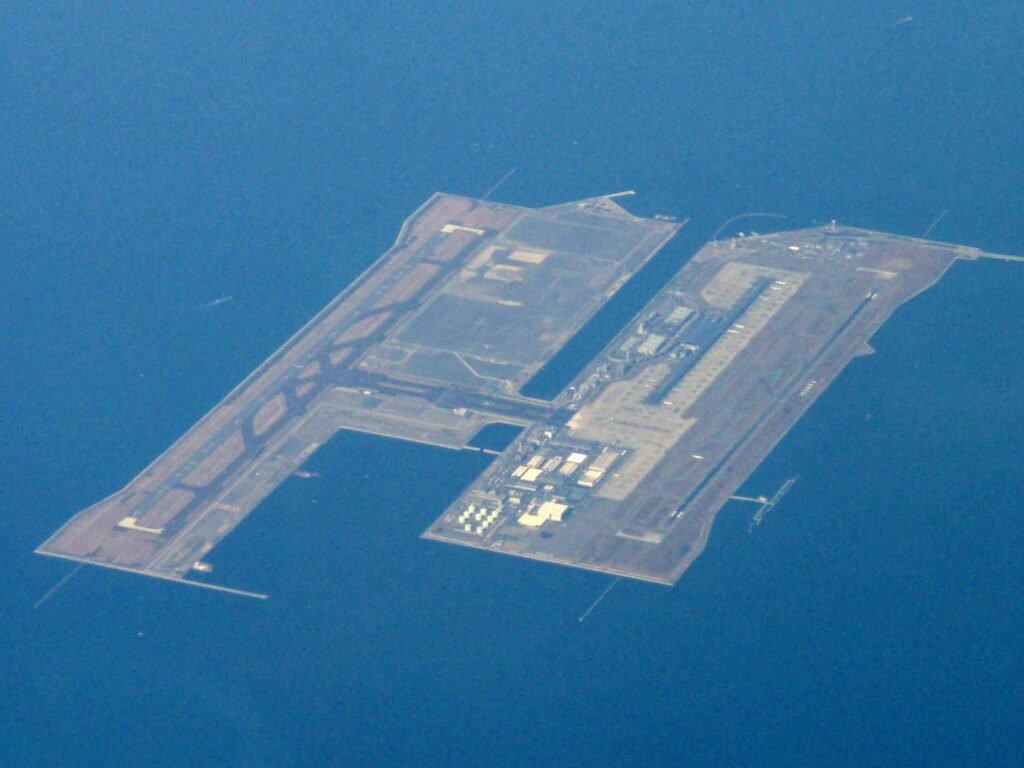
Kansai Airport is one of a number of international hub airports to start accepting tourist groups under a trial scheme. The scheme, which launched this week in Tokyo, will see an increase of the daily number of tourists allowed to enter Japan to 20,000. As time goes on, if the trial does not lead to a surge in Covid-19 cases, the number will extend further.
The only caveat is that individual tourists cannot visit Japan under this trial. For the time being at least, only organized tour groups can enter the country. This new initiative represents the latest move in the central government’s “gradual resumption” of international tourism. If all goes well, the number of permitted tourists could increase again by August. Traditionally, August is the peak time for international travel both into and out of Japan.
As such, there is a concerted effort from the tourism industry to loosen restrictions before they miss out on a third consecutive summer of potential revenue. However, government representatives declined to commit to a firm timeline for a return to pre-pandemic levels of international travel.
And Finally…
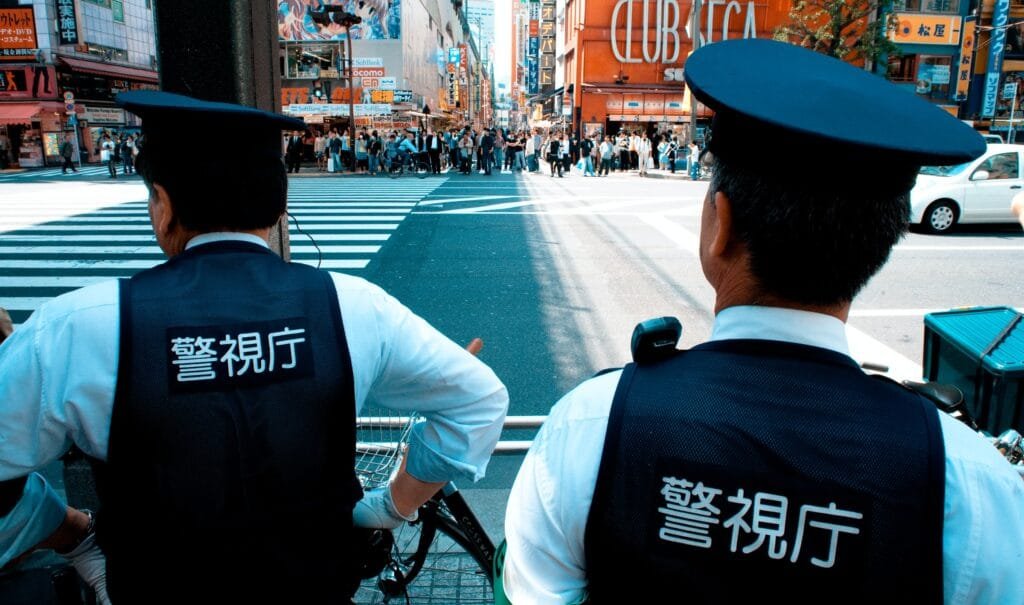
Two men are looking at the possibility of some hard time in jail this week for duping a number of people in Osaka and across Japan. The two men were arrested in Yokohama this week on charges relating to the illegal import and resale of “candies” to treat erectile dysfunction. The two sold the drug to 367 different individuals across Japan. However, the main thrust of their customers hail from Osaka and Tokyo.
The drugs had a coffee flavor an resembled hard candies. However, they proved a flop with buyers. Many complained of headaches and other symptoms. A medical analysis showed that the drugs were 8 times more potent than the strongest ED medication available in Japan. The sellers claimed that the effect could last “3 to 4 days”, though this remains unsubstantiated. It may seem like easy money, but the perpetrators will face a stiff challenge in evading jail time for unlicensed drug dealing.
In total, the scheme brought in around 9 million yen, with some 12,500 candies shipped. The sellers sold them via an online “flea market”.
Japan generally takes a very hard line on drug crime. With these candies, which the sellers claim they acquired legally in Malaysia, there is also a direct danger to those who take them. The potency of these drugs is so high that if children or anyone suffering from kidney issues took them, they could die.
Prosecutors indicted the pair this week. As for those thinking about purchasing such unregulated items online, we encourage you to think long and hard before doing so.
That’s all for now but be sure to check back again same time next week for another round of This Week in Osaka!




